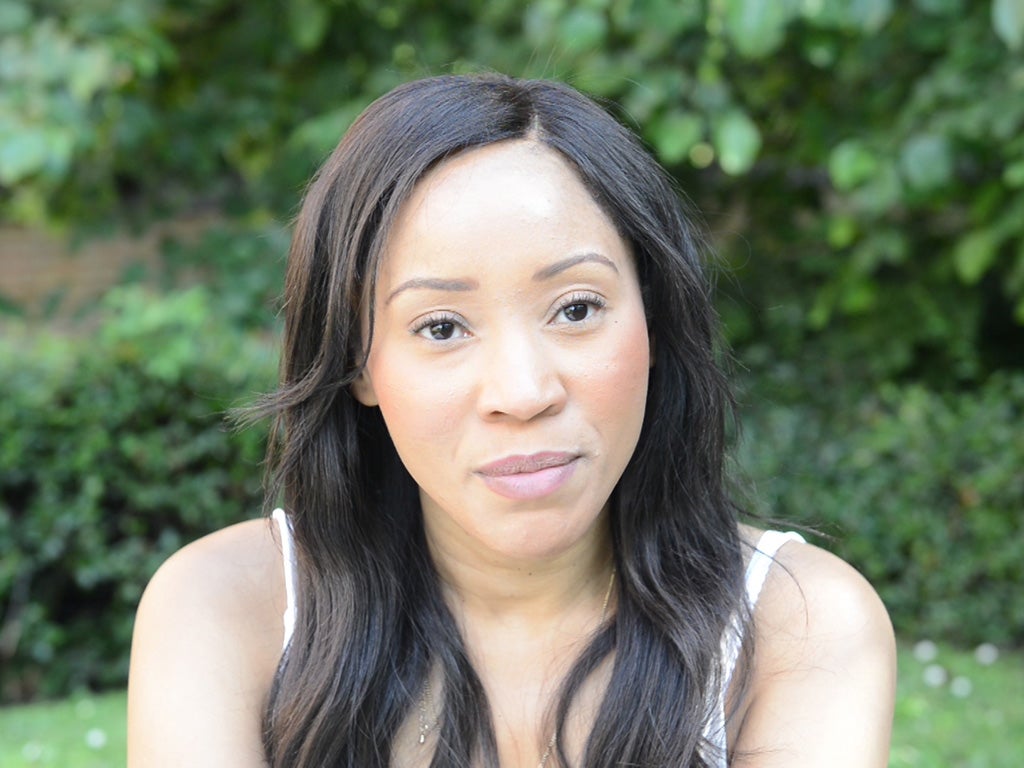Mental illness comes in many subtle forms
You shouldn’t try and put mental health in a box because there are so many different aspects to it

Your support helps us to tell the story
From reproductive rights to climate change to Big Tech, The Independent is on the ground when the story is developing. Whether it's investigating the financials of Elon Musk's pro-Trump PAC or producing our latest documentary, 'The A Word', which shines a light on the American women fighting for reproductive rights, we know how important it is to parse out the facts from the messaging.
At such a critical moment in US history, we need reporters on the ground. Your donation allows us to keep sending journalists to speak to both sides of the story.
The Independent is trusted by Americans across the entire political spectrum. And unlike many other quality news outlets, we choose not to lock Americans out of our reporting and analysis with paywalls. We believe quality journalism should be available to everyone, paid for by those who can afford it.
Your support makes all the difference.The topic of mental health will no doubt be on many people’s minds after recent reports surrounding Kerry Katona’s fiancé. George Kay was reportedly detained under the Mental Health Act after an “aggressive” breakdown at the couple’s home.
It is this “aggressive” image that most people tend to associate with mental illness.
But according to Natasha Benjamin, a mental health worker who was diagnosed with anxiety, panic attacks, Post-Traumatic Stress Disorder and depression, mental illness comes in many subtle forms.
“Depression the most common mental illness out there. So many people suffer from it.
“It is long-term and you lose motivation to do normal everyday things like getting out of bed, getting dressed, those small things that everybody has the motivation to do.”
One in four people experience mental health problems, according to the charity, Mind.
Despite this very high number, Natasha says there is still a stigma attached to it. She also says mental illness is misunderstood.
“You shouldn’t try and put mental health in a box because there are so many different aspects to it. You can’t put it in a box and I think that’s why it is feared.”
“There is a massive difference between mental health and mental illness. We have to look after our mental health just like our physical health. When most people feel unwell physically, they tend to go to and see the doctor but when people are feeling stressed or tired they are less inclined to do something about it. We have to look after our mental health otherwise it results it mental illness.”
Natasha now runs an organisation called Free Your Mind, which helps people who are going through mental health problems and domestic violence.
At the lowest stage, Natasha says she felt suicidal. “I was diagnosed with mental illness quite late in my life because I just thought life was really hard and I started to accept that.
“As much as it upset me, I just thought I was dealt really bad cards and I was that person that had a lot of bad luck and wasn’t mean to be living a happy life so on that premise I didn’t seek help.”
Watch Headline London on London Live to join the conversation
For more information visit www.mind.org.uk
Join our commenting forum
Join thought-provoking conversations, follow other Independent readers and see their replies
Comments